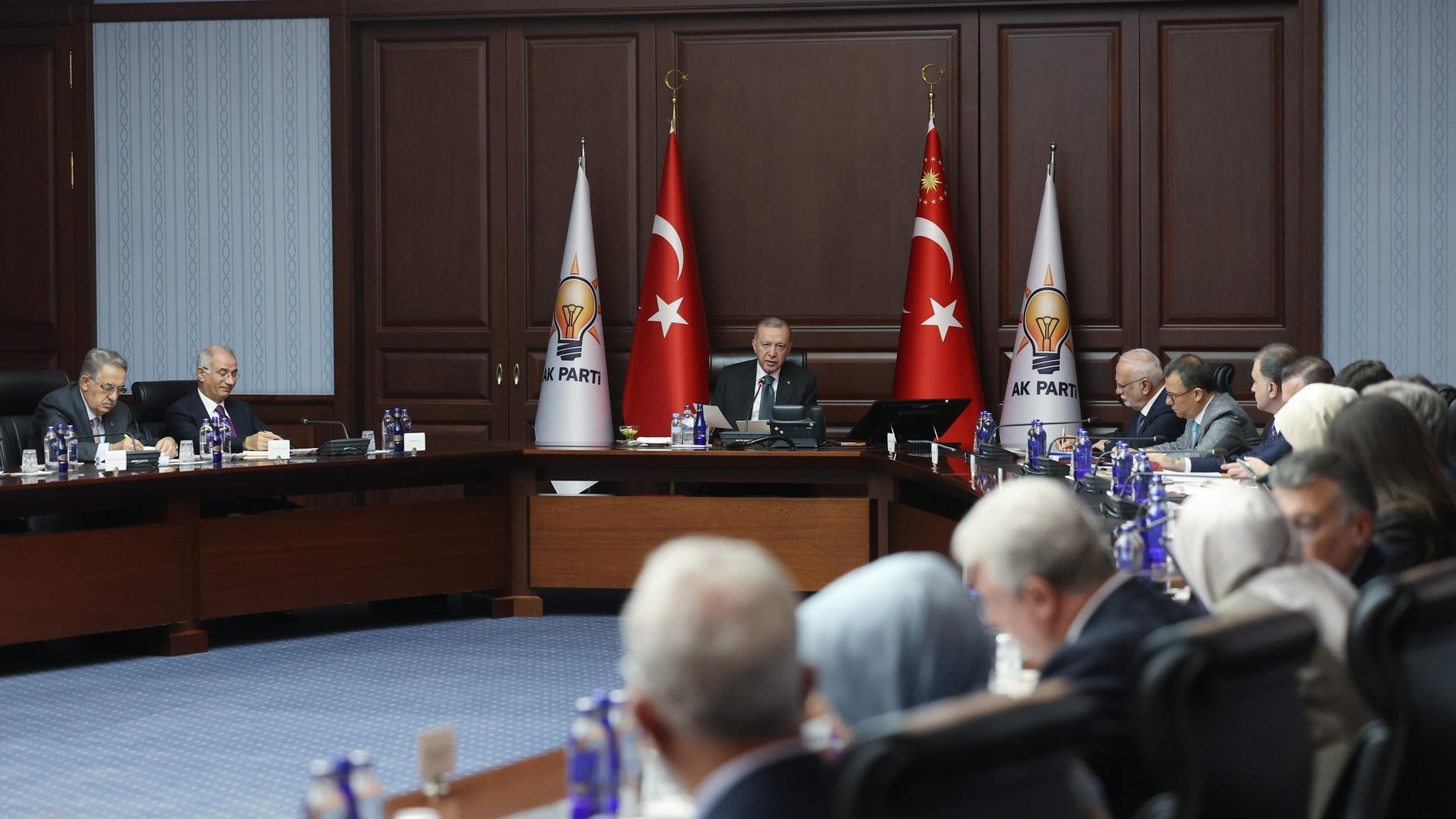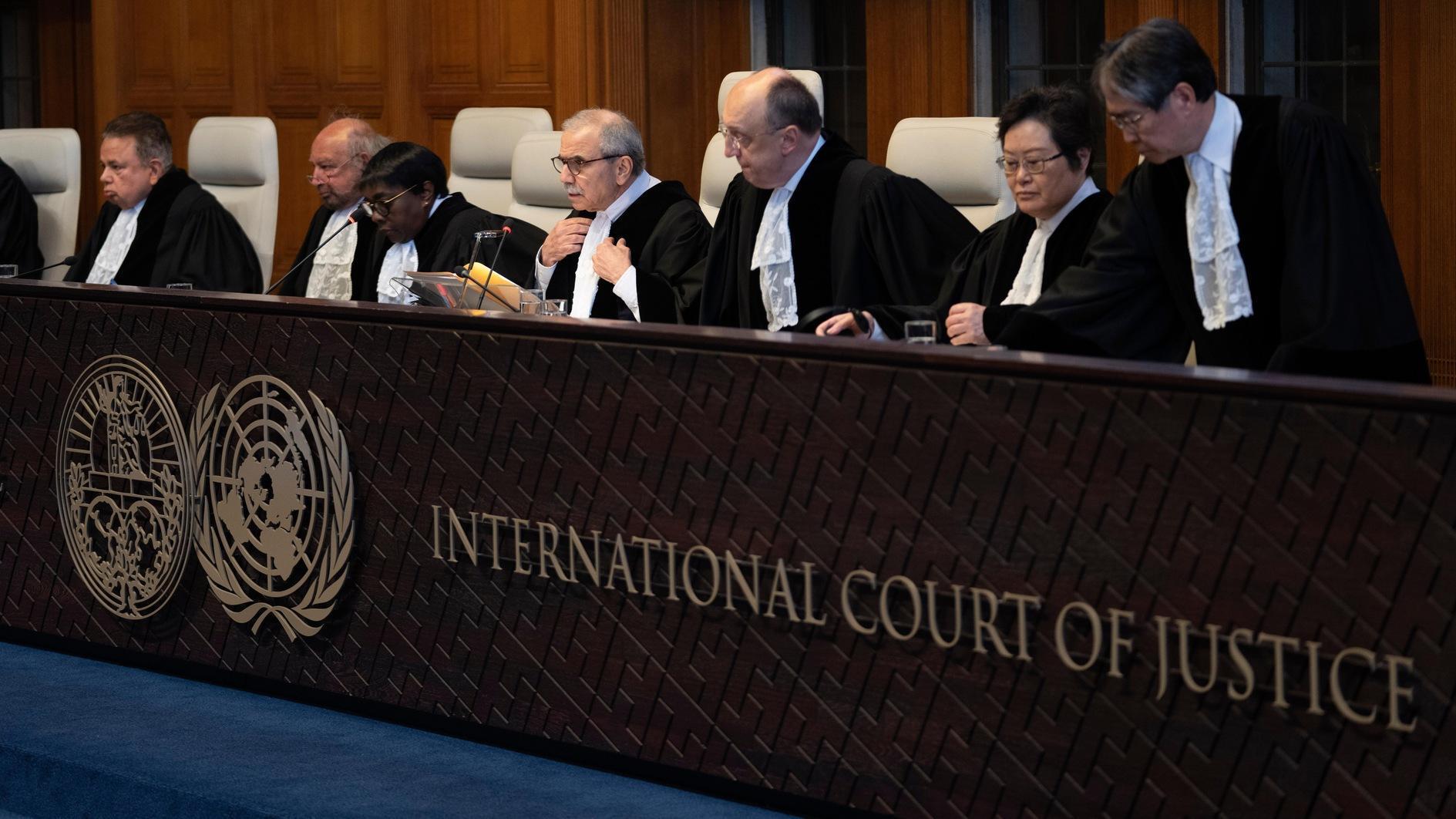Adopting a comparative glance: Are elections tantamount to democracy?
MİNE TAFOLAR
She took a taxi as she got out of the airport. Curious about the politics of this foreign country, she started asking questions to the taxi driver.“What do you think is the most urgent problem that your country faces now?” she asked.
“Clearly, the gravest problem of the country is corruption,” responded the taxi driver. “They distribute all the resources to the friends of the politicians,” he added.
“How could this problem be solved?” she posed another question.
“I do not have a recipe. However, we will not be able to move forward unless we eliminate corruption,” the taxi driver replied back.
As she arrived at the place she was going to stay, she was more excited about the conversations with the owner of the place and other tenants.
“The name of our system is called democracy. But this is only something on paper,” said the houseowner. “Do you know that there is only a single TV channel that can broadcast news in opposition to the deeds of the government,” added the houseowner.
“How come? Only a single TV channel?” she asked completely baffled.
“Well not only the TV channels. The situation is all the same with the newspapers. There are only a handful of newspapers that can publish stories against the government,” the houseowner said.
Imagine you heard this story from a friend, but you do not know the identity of this tourist. You were asked the following question: In which country do you think this tourist has arrived? I hear the answers: “Undoubtedly, she has arrived in Turkey,” you would think, right? But sorry, this is not an American visiting Turkey. That is actually me, paying a visit to Argentina.
Now, I restart telling you the story. I came to Argentina to do field work for two months on my doctoral dissertation project. Before coming to Argentina, I had been following the other political developments in the country such as the level of corruption, protests, and media censorship. But it struck me as such only after I arrived in Buenos Aires and talked to taxi drivers, tenants, students, and ordinary citizens. The findings of a survey carried out by Transparency International clearly demonstrate the degree of corruption in the country. According to the findings, 78 percent of people in Argentina believed that political parties were affected by corruption. Meanwhile, only 23 percent of people in Argentina strongly believe that ordinary people can make a difference in the fight against corruption.
These observations led me to think that we could draw two crucial lessons from this preliminary experience: First, it would be a gross mistake to reduce democracy to elections. You could have competitive elections in a country, but the context with which you have these elections matters too. Democracy, after all, is a system that should not be simply reduced to counting heads. As Steven Levitsky and Lucan Way demonstrate in their study, “Competitive Authoritarianism: Hybrid Regimes After the Cold War,” you need an even playing field in democracies. If the playing field is skewed for the incumbents where they control and manipulate the media and judiciary, you end up with competitive authoritarian hybrid regimes even if you have competitive elections. This kind of a framework will help us better understand the state of democracy in different parts of the world, including in post-Soviet countries, countries in Latin America, and Turkey.
Secondly, I have always encountered problems in situating Turkey’s political developments within a regional context. I have always encountered questions such as, “Is Turkey in the Middle East?” To which I had a hard time coming up with a convincing answer.
I believe that this kind of a framework will enable us to study Turkey in a comparative perspective. Turkey might be miles away from Latin America, but there might be serious unexpected affinities between Latin American countries and our country.
Most of my friends in the United States were quite surprised why, as a Turkish graduate student, I was interested in Argentine politics. Now, I hope, my friends following the recent developments in Turkey - particularly starting with the Gezi Park demonstrations and the deeds of the incumbent government and our Prime Minister Recep Tayyip Erdoğan, as well as the media censorship mainly in the initial stages of the demonstrations - will be convinced that I might have a point in my wish to compare Turkey with Argentina.
Mine Tafolar is a PhD candidate at the Government Department at the University of Texas, Austin specializing in Comparative Politics and International Relations.











